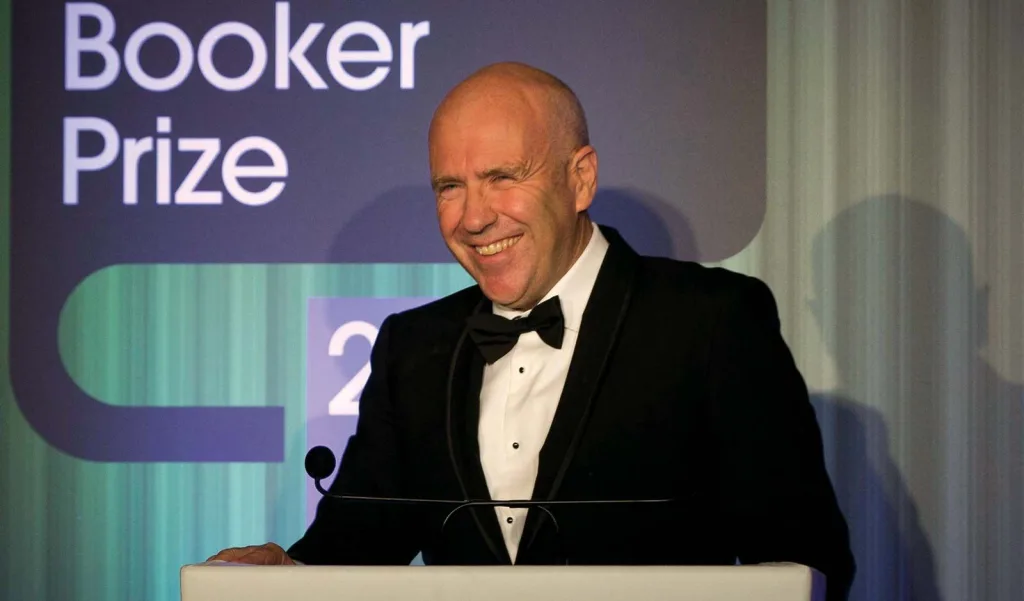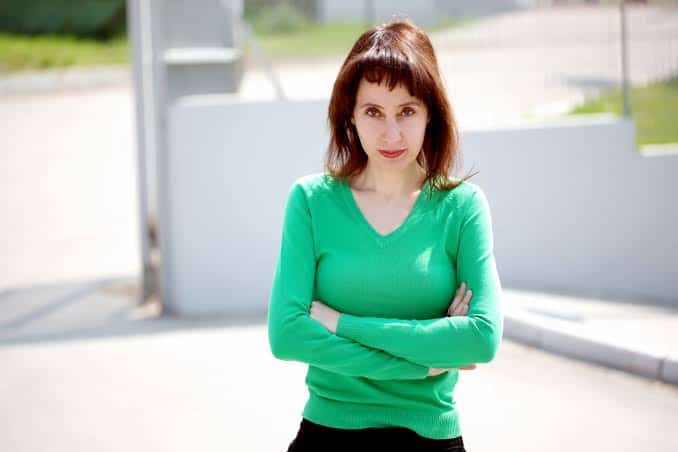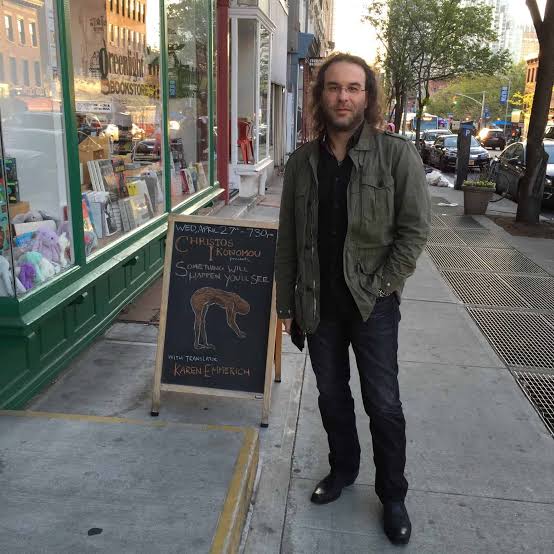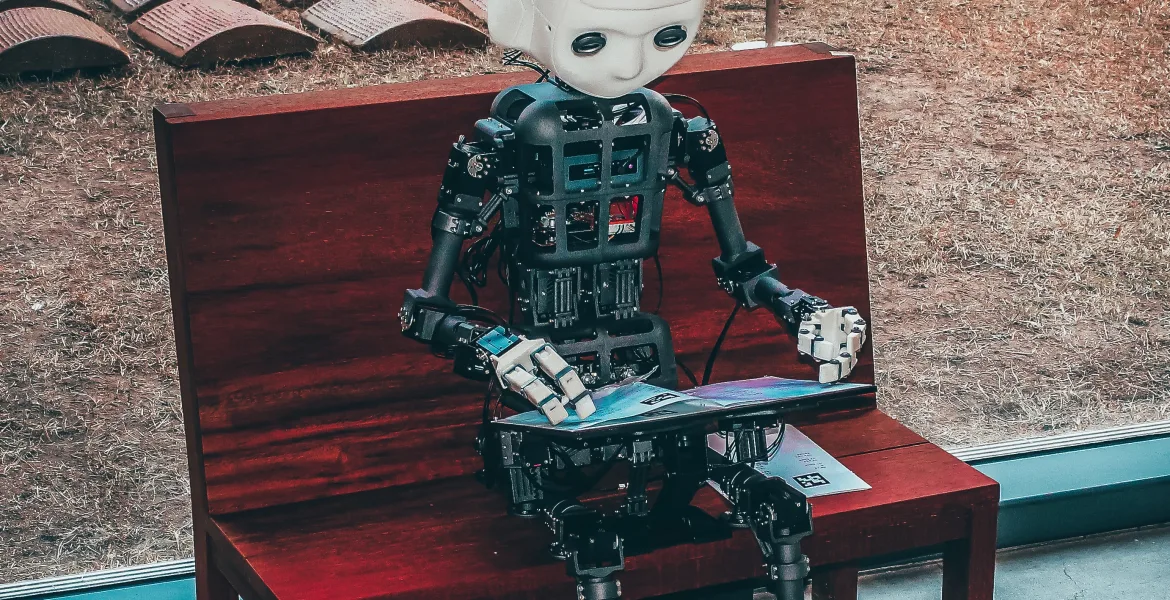Ancient Greek philosophers and poets, such as Cavafy, Kazantzakis, and Ritsos, as well as contemporary literary figures like Petros Markaris, Ioanna Karystiani, and Christos Oikonomou, have found themselves at the centre of a growing concern. Their writings are being ingested, analysed, and utilised by artificial intelligence (AI) platforms to "teach" AI systems the art of human language production.
Referred to as “the biggest act of copyright theft in history” by Booker prize-winning novelist Richard Flanagan, the situation, initially uncertain, has now solidified into a disconcerting reality: AI applications, particularly chatbots, are being "trained" on massive databases that include tens of thousands of books, some of which are unauthorised copies of original works by Greek authors. These revelations come to light through a powerful search engine developed by Atlantic magazine reporter and developer Alex Reisner. With this tool, anyone can easily verify whether their literary works are part of the Books3 database—a source that purportedly furnishes "educational material" to chatbots employed by entities such as Facebook's Meta and the Bloomberg media group.

Intriguingly, the AI systems initially immerse themselves in the profound wisdom of the ancient Greeks. They diligently study the complete works of Homer, Aristotle, Plato, Aeschylus, Sophocles, Euripides, and even indulge in the satirical musings of Aristophanes. They meticulously dissect the verses of Sappho, ensuring no stone of ancient Greek literature remains unturned.
Yet, the AI's insatiable appetite for literature knows no temporal boundaries. Modern Greek literature has also come under its scrutinising gaze. From Books3's extensive collection of 183,000 titles, we unearthed contemporary treasures such as Yannis Ritsos' "Exile Diaries," collections of Cavafy's poetry, Margarita Lymberakis' "Straw Hats," and a wealth of Nikos Kazantzakis' works, including "The Last Temptation of Christ" and "Zorba the Greek."
But what do these celebrated authors think about this situation? Petros Markaris, renowned for his crime novels, expresses his concerns, stating, "I worry about the fact that many people are excited about artificial intelligence." He shares apprehensions regarding the implications of AI's rise, including questions about the future of professions like architecture and the unknown consequences of this technological advancement.
Fellow Greek author, Sofia Nikolaidou, whose work also graces AI databases, points out the profound impact on authors themselves. She speaks of the "sense of smallness" one experiences when their literary creations are submerged within this vast "ocean of writing." However, the issue transcends personal sentiments—there exists a broader concern: an underestimation of the intellectual labour that goes into creating these literary works. For some, writing is viewed as a mere hobby, often overlooking the considerable challenges faced by those striving to sustain themselves solely through their craft.
Greek writer Christos Oikonomou adds a pragmatic perspective to the discussion. He emphasises the need for external intervention, drawing attention to the considerable profits amassed by entities that accumulate vast amounts of information. He raised pertinent questions about the enforcement of traditional copyright laws. "Sometimes," he notes, "there are issues even with traditional copyrights, particularly when they are difficult to control. How can I prove if my books, residing in a database, are being exploited by AI companies?"
Petros Markaris brings the discussion to a thought-provoking conclusion: "I worry about the fact that many are excited about artificial intelligence and casually wonder if, for example, we will need architects anymore. No one wonders into what hands this invention may eventually fall. When you tell me that my books teach programs without compensating me fairly, my concerns are not merely validated but amplified."



The mounting concerns among Greek authors whose literary creations have become a vital part of AI's learning process encompass a spectrum of issues, including copyright infringement, intellectual property, and the broader ethical considerations surrounding AI's encroachment into the realm of literature and creative expression. In this global debate over AI's interaction with literature, Greek authors, with their unique perspective and contributions, are joining the chorus of voices concerned about the protection of creative work in the digital age.
Read also Of Love and Legacy: Inside Leonard Cohen's House in Hydra


